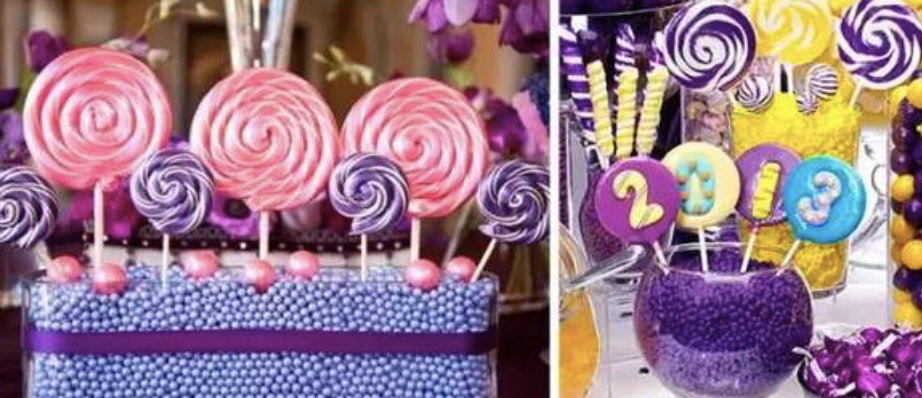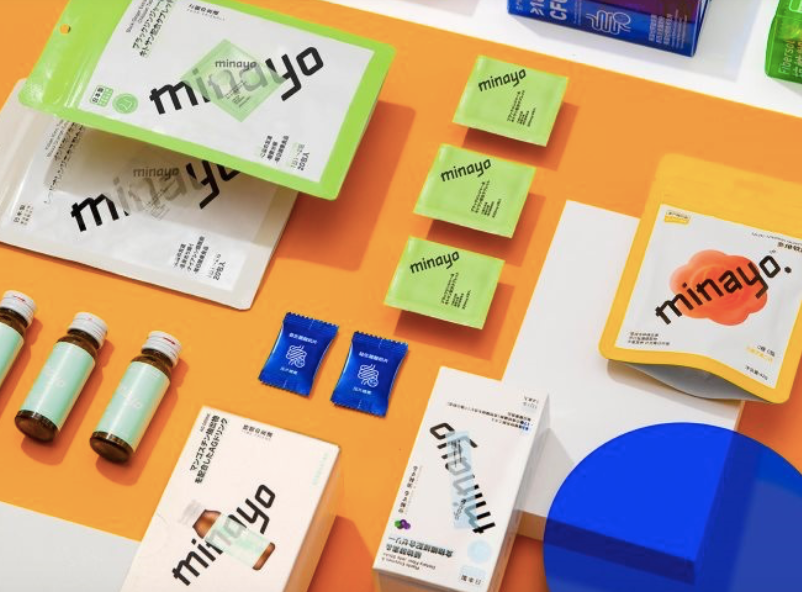“Sweets”, no curtain call.
Editor’s note: This article from the micro-channel public number “FMCG” (ID: fbc180), of: Liuya Dan, Editor: orange.
The “sugar-free wind” in recent years has been blowing wildly; but when you look closely, “sweets” are “your uncle”.
Sweet “Jiu Jiu Wang” launched
A company that mainly produces candies is about to go public.
The sweets maker Jiujiuwang closed its IPO last week. It is reported that the company intends to issue 198 million shares, of which 10% will be publicly offered in Hong Kong and 90% will be sold internationally. It is expected to be listed on March 16. This is also the third Jinjiang confectionery company to go public in Hong Kong. Previously, Crayon Shin-Chan and China Candy were listed on the Hong Kong Stock Exchange in 2011 and 2015 respectively.
According to public information, Jiujiuwang Foods was established in China in 1999. It mainly produces and sells sweet products including gum-based candies, tablet candies, aerated candies and hard candies. In the 1990s, Zheng Zhenzhong from Jinjiang, Fujian Province, used the strategy of “surrounding the city from rural areas” to get a piece of cake in the clear mouth candy market dominated by foreign-funded enterprises.
As far as Jiujiuwang’s current product “form” is concerned, it looks like the candy we ate when we were young. For example, xylitol, refreshing tablets, chewing gum, and bubble gum are familiar to those born in the 80s and 90s.
Currently, Jiujiuwang Foods ranks second in the overall dessert market in Fujian Province, accounting for approximately 2.7% of the regional market share in 2019 and approximately 0.7% of the Chinese market share. The company’s prospectus shows that its factory is located in Jinjiang City, Fujian Province, with 32 production lines and an annual output of approximately 1,5045.4 tons.
“They are not very large, but they are actually small and medium-sized enterprises. Fujian’s generation is more engaged in subcontracting processing. The competition in the candy industry is very scattered, and there are no large enterprises with a market share of about 30%.” An industry insider who has been in contact with Jiujiu Wang told FMCG.
From May 2019 to February 2021, Jiujiu Wang hit the IPO three times, but all failed. Finally in the fourth time, got his wish.
JiuJiuwang purchases raw materials from suppliers, produces and packs dessert products in-house, and its main sales channels include OEM customers and traders with its own brands in China and overseas countries. In addition, the company also has its own brands-Kusha, Ralab and Jiujiuwang. according tomg_000″>
Not only that, high-end candies that combine functionality are also popular in the market, for example, the vitamin product under the functional food brand-“Multidimensional Jelly”. On March 4th, Minayo received tens of millions of Pre-A rounds of financing. Minayo products were launched in August 2020, and the sales in the next month exceeded 2 million. The current monthly repurchase rate has exceeded 30%, and the customer unit price is 200 yuan the above. BY-HEALTH also launched collagen jelly to treat health needs as snacks.
“The domestic confectionery companies have a misunderstanding that they like to make concepts on sugar-free or less sugar, but many consumers are not comfortable with the taste of sugar substitutes. In fact, people who eat sugar don’t care about sugar, he is Be sweet. The people who reduce sugar and those who have less sugar are those who exercise and lose weight. These are two different groups. It can be learned that the Japanese and Taiwanese confectionery companies have done enough to add fruit juices and upgrade raw materials. “Shen Boyuan, a consultant in the consumer goods industry, told FMCG.

